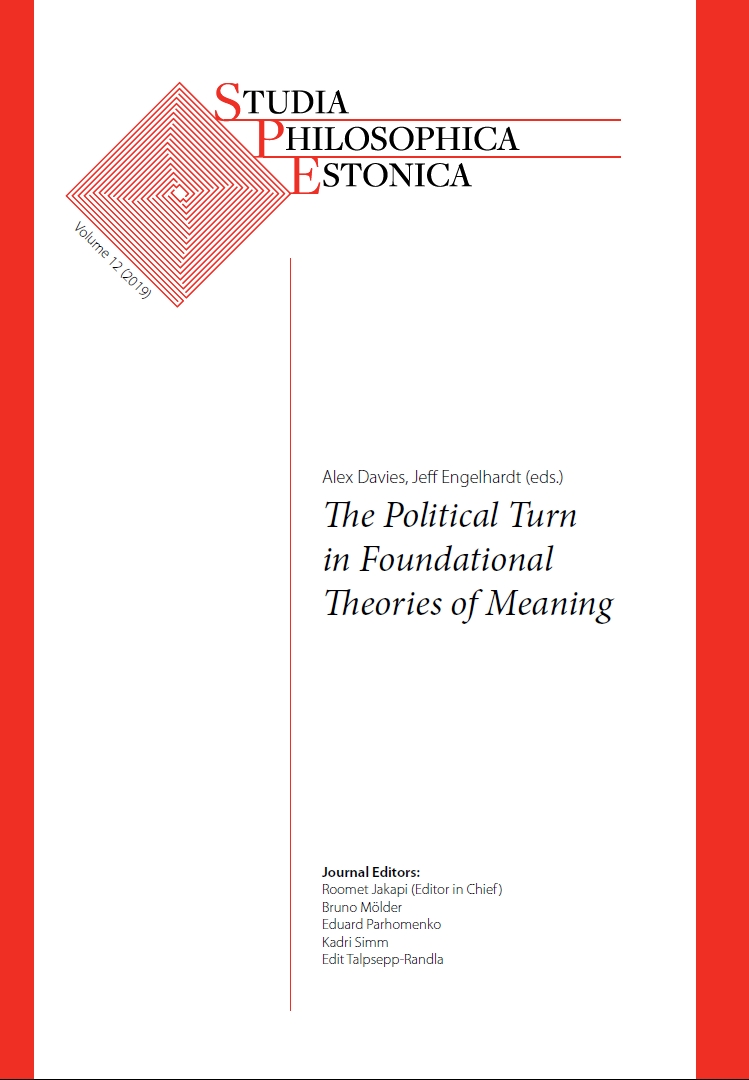Epistemic Injustice at the Conceptual Level: Are We Entitled to Our Own Concepts?
DOI:
https://doi.org/10.12697/spe.2019.12.1.05Keywords:
concept utility, epistemic injustice, objectivity, conceptual schemes, FrickerAbstract
Epistemic injustice is the phenomenon whereby we commit an injustice against someone in their capacity as a knower. If we ignore someone's knowledge due to their membership in a particular group against which we are prejudiced, a kind of harm arises that is uniquely epistemic. The building blocks of knowledge and belief, of course, are concepts---and so conceptual injustice, if there were such a thing, might be a more serious problem again. Is there such a thing as conceptual injustice? Injustice at the conceptual level has been discussed before, but only with the assumption of "subjectivism" about concepts---that there is no right or wrong way to use a concept---and hence such that its consequences are restricted to problems of misinterpretation or an impoverished ability to express ourselves. However, recent accounts of concepts have shown that some conceptual schemes can be measurably better than others, and this carries the implication that the conceptual schemes recommended by those more knowledgeable than ourselves should be deferred to. Once we recognize that concepts can be objectively better or worse, the nature of the kind of epistemic injustice that can arise at the conceptual level is revealed to be very different. It becomes clear that we will often have a duty to defer to another's conceptual scheme, not merely for the sake of understanding what they are saying, but in our own subsequent thinking on the subject.





